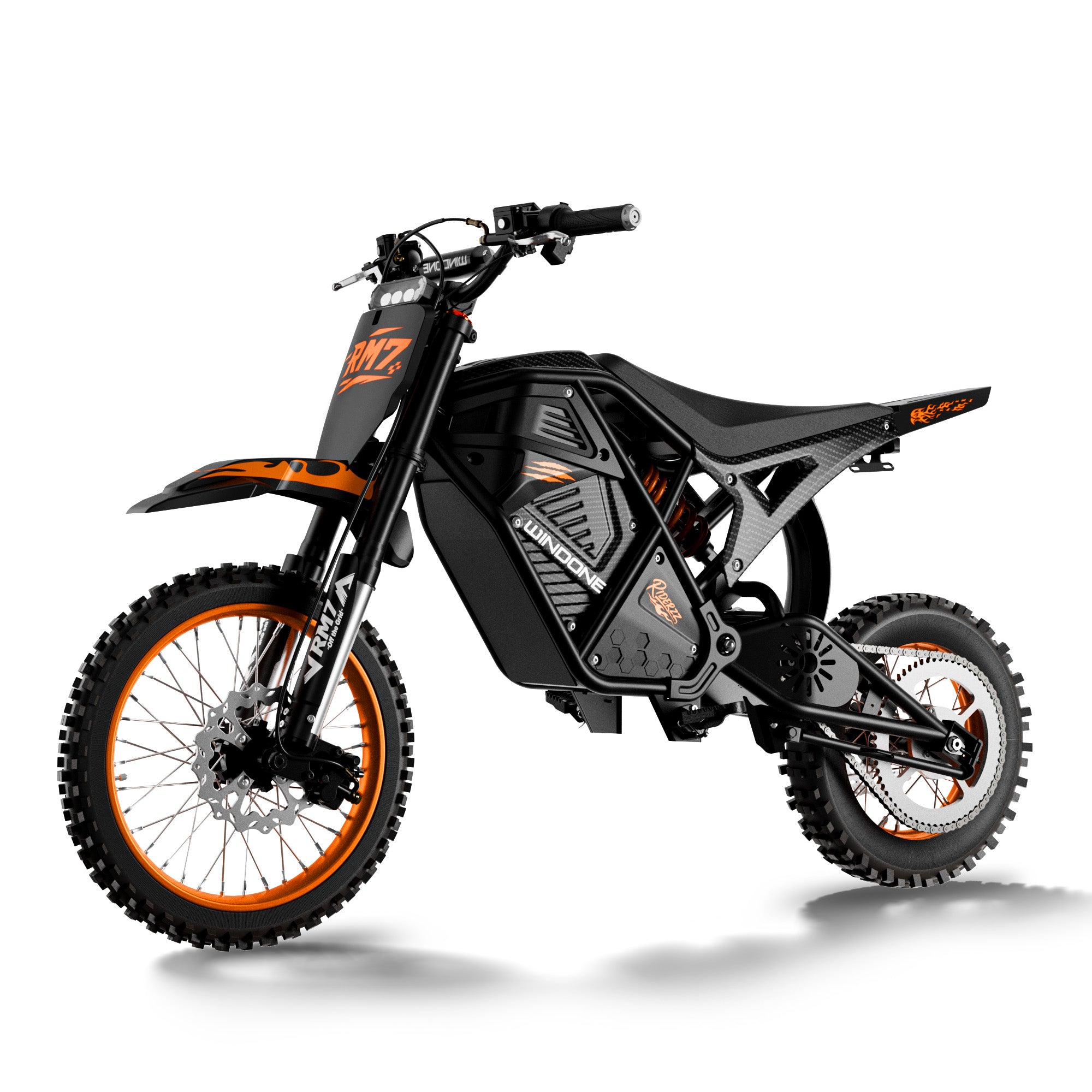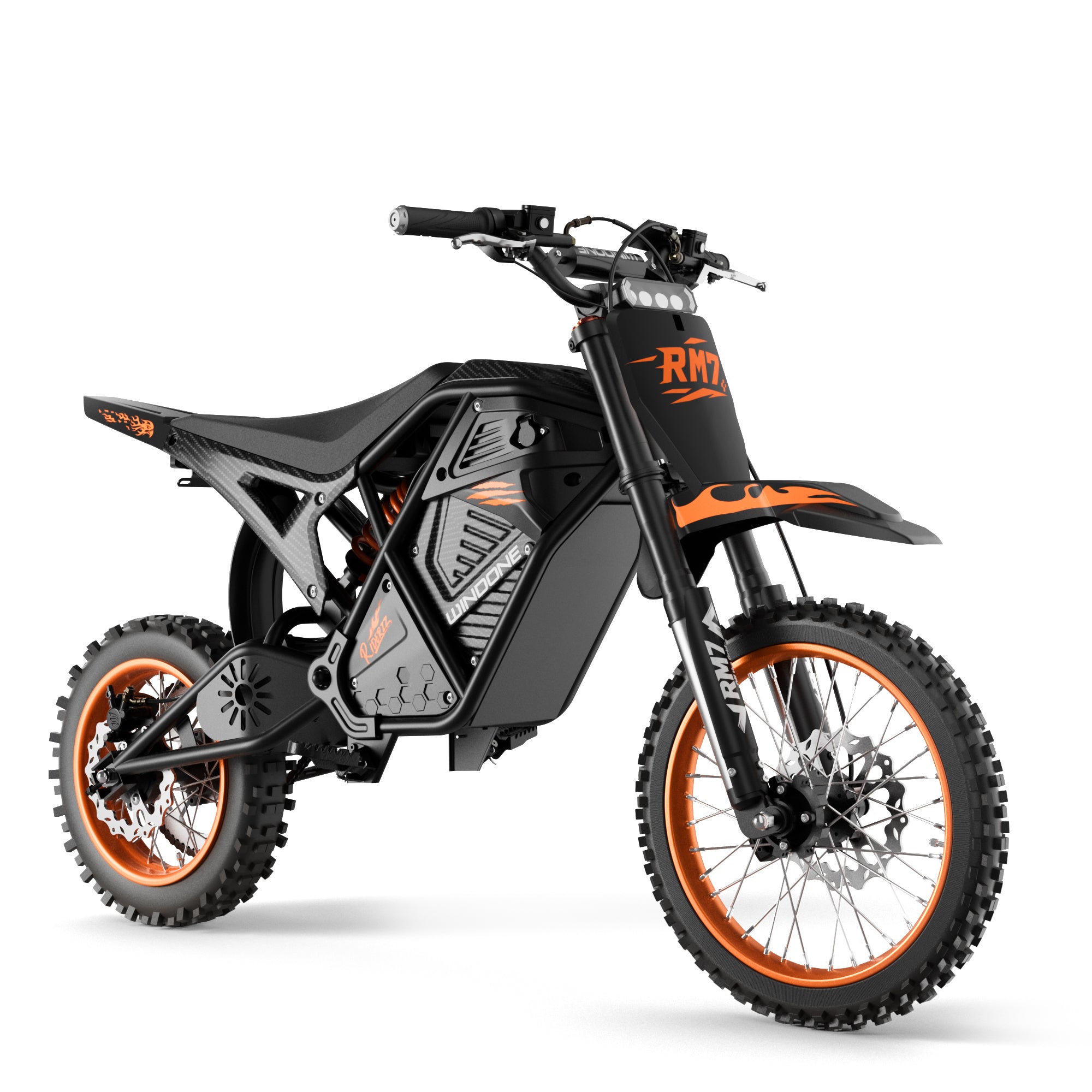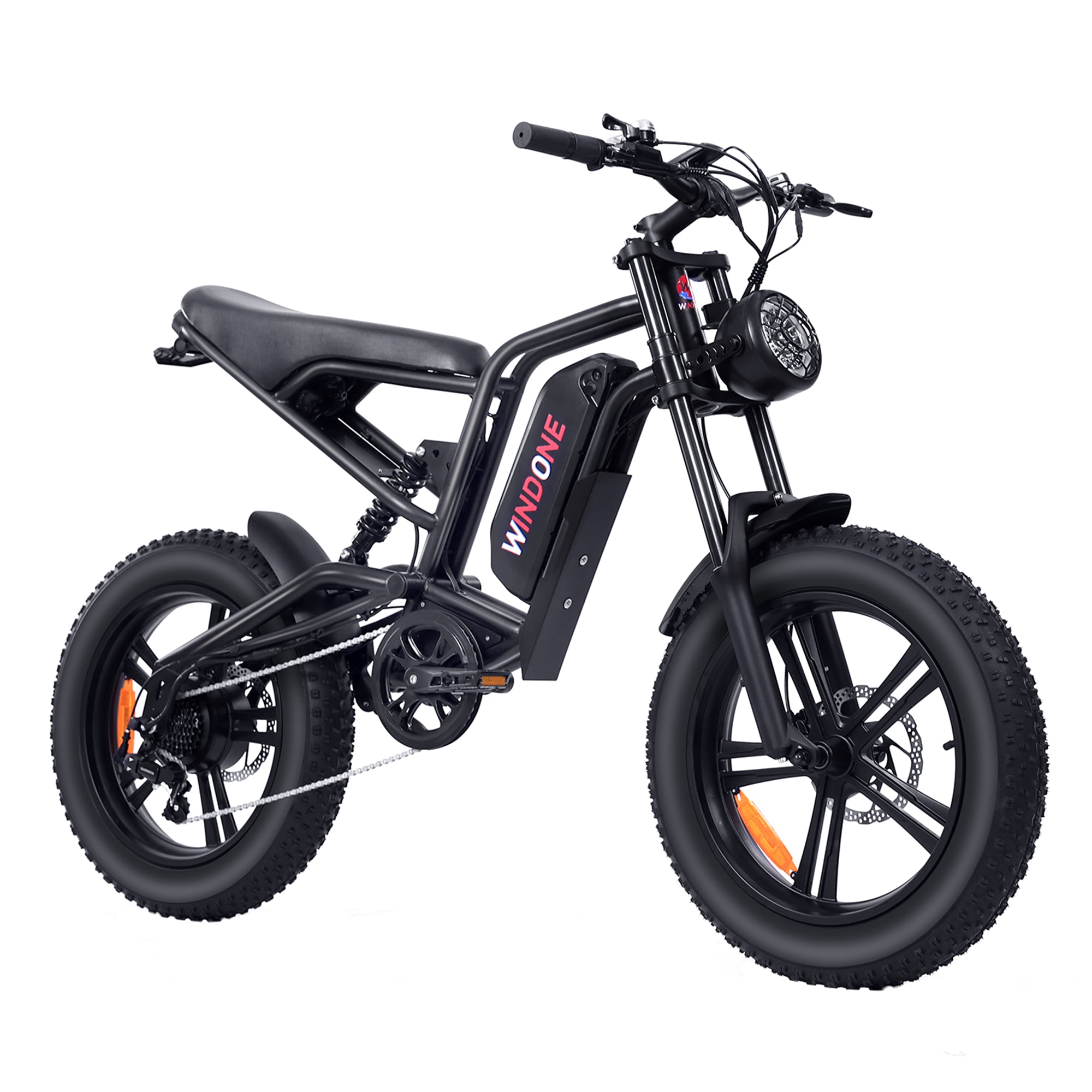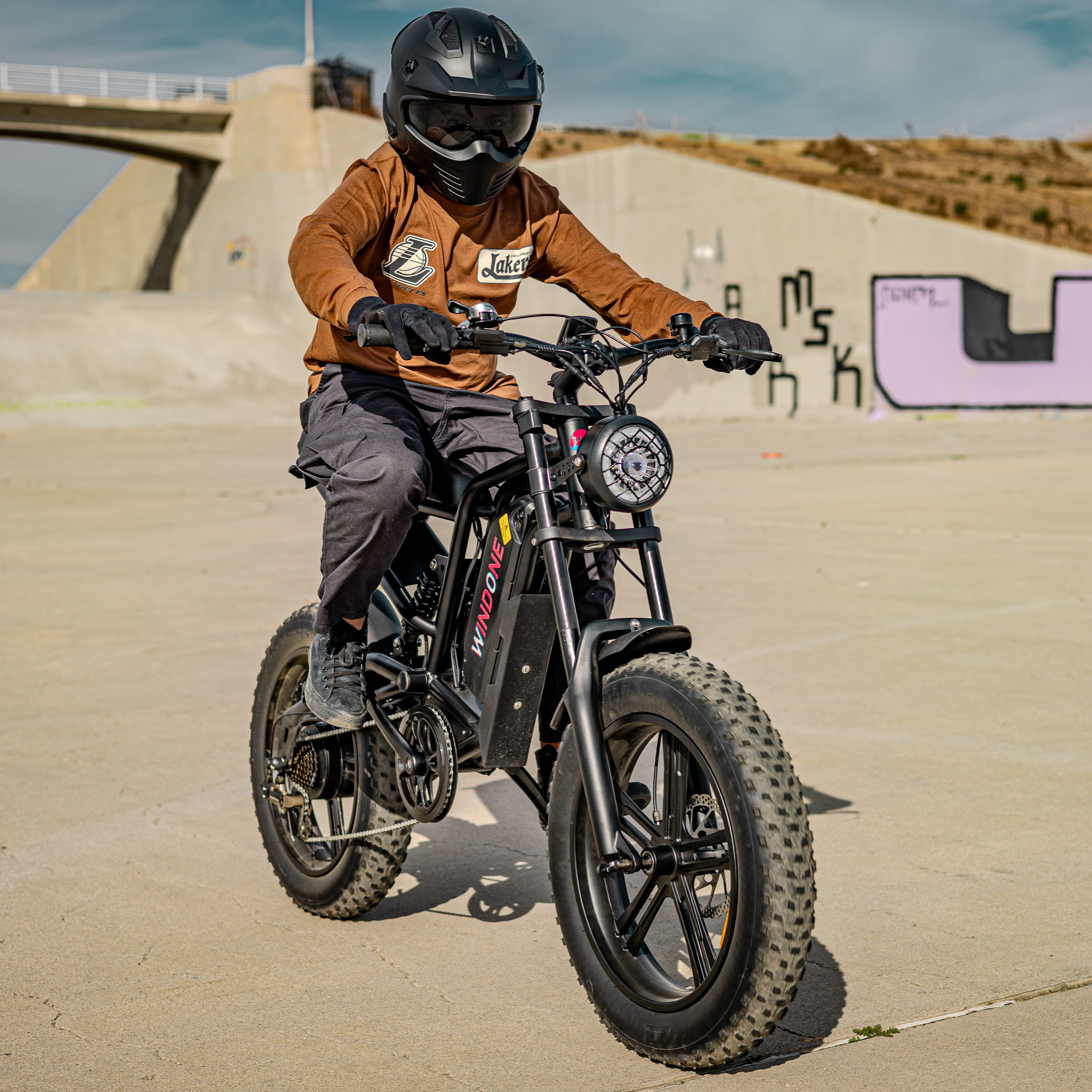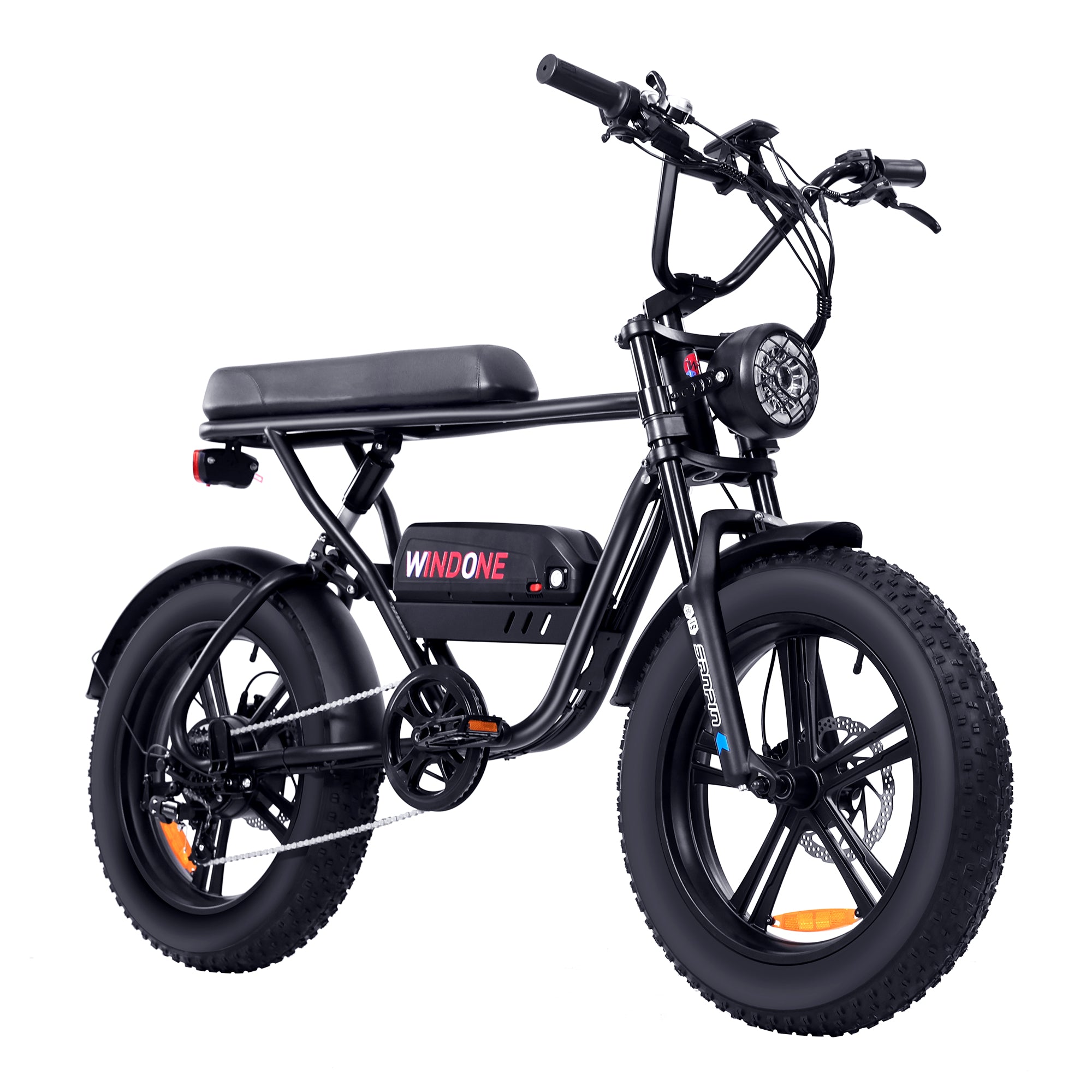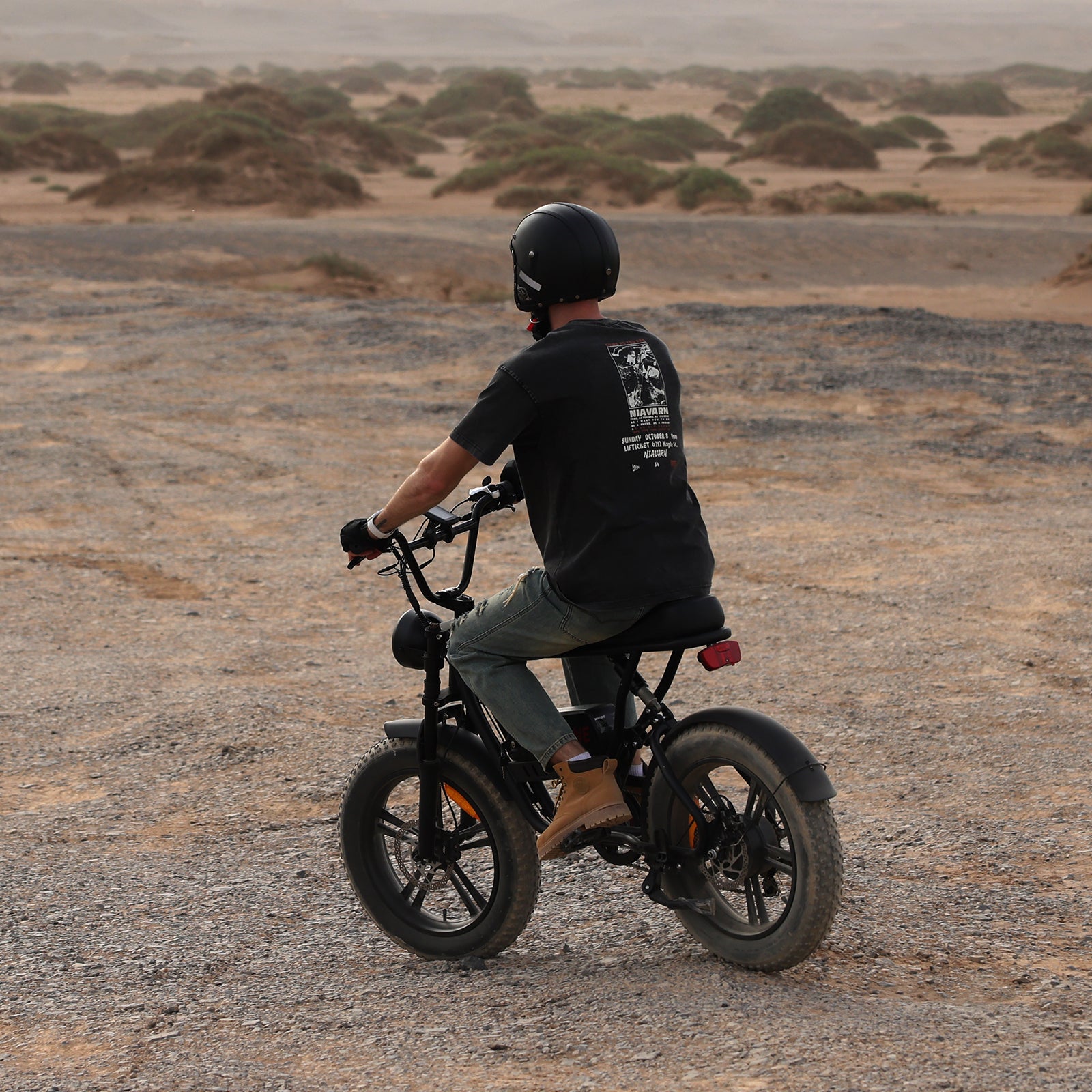When it comes to off-road riding, the debate between electric vs gas dirt bikes is heating up. Each type has its advantages and drawbacks, making it essential to compare them before choosing the right one for your needs. This article explores their performance, cost, maintenance, environmental impact, and more to help you make an informed decision.
1. Performance Comparison: Electric vs Gas Dirt Bikes
Performance is a key factor when selecting a dirt bike. Gas-powered bikes have traditionally dominated the off-road scene, but electric dirt bikes are catching up fast.
Power & Acceleration
- Gas dirt bikes: Known for their high torque and raw power, ideal for aggressive riding.
- Electric dirt bikes: Provide instant torque and smooth acceleration without the need for shifting gears.
Top Speed
- Gas dirt bikes: Typically offer higher top speeds.
- Electric dirt bikes: Increasingly competitive but may have slightly lower top speeds due to battery limitations.
2. Environmental Impact
Riders are becoming more conscious of their environmental footprint, making this factor crucial in the comparison.
- Gas dirt bikes: Emit CO2 and pollutants, contributing to air pollution.
- Electric dirt bikes: Zero emissions, making them a cleaner, eco-friendly choice.
3. Maintenance Costs & Longevity
The maintenance of a dirt bike can impact long-term ownership costs significantly.
Maintenance Needs
- Gas dirt bikes: Require regular oil changes, air filter replacements, and engine maintenance.
- Electric dirt bikes: Have fewer moving parts, reducing the likelihood of mechanical issues.
Long-Term Reliability
- Gas dirt bikes: Proven longevity but require extensive upkeep.
- Electric dirt bikes: Batteries degrade over time, but motor longevity is generally high.
4. Noise Levels & Riding Experience
Noise levels can determine where you can ride without restrictions.
- Gas dirt bikes: Loud engines, often banned in residential areas.
- Electric dirt bikes: Whisper-quiet operation, ideal for stealthy trail riding.
5. Cost & Affordability
The initial purchase price and long-term costs vary between the two options.
- Gas dirt bikes: Generally cheaper upfront but cost more in fuel and maintenance.
- Electric dirt bikes: Higher upfront cost but lower operating expenses.
6. Charging vs Refueling
Convenience Factor
- Gas dirt bikes: Quick refueling allows for continuous riding.
- Electric dirt bikes: Require charging time, which varies by model (typically 2-6 hours).
7. Off-Road & Terrain Performance
Both types handle off-road conditions well, but with key differences.
- Gas dirt bikes: Better suited for long-distance rides and extreme terrains.
- Electric dirt bikes: More agile, offering better control in technical sections.
Conclusion: Which One Should You Choose?
If you prioritize power, range, and traditional riding experience, a gas dirt bike might be your best bet. However, if you want an eco-friendly, low-maintenance, and quiet ride, an electric dirt bike is the future of off-road riding.







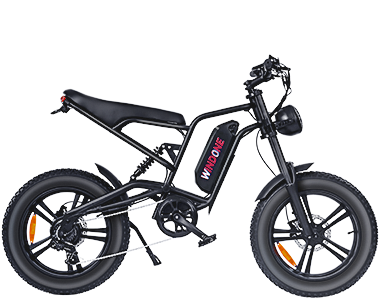
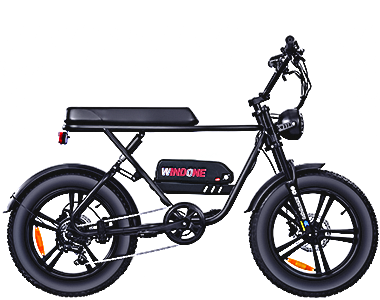
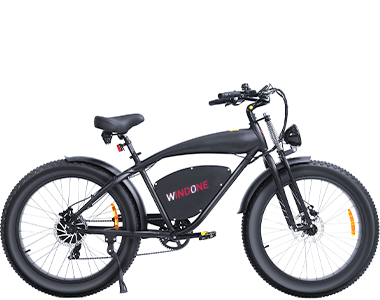
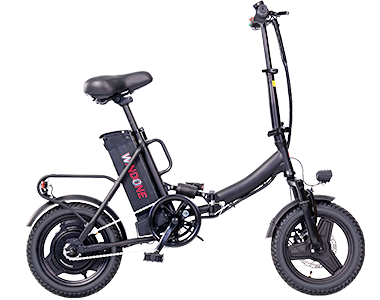
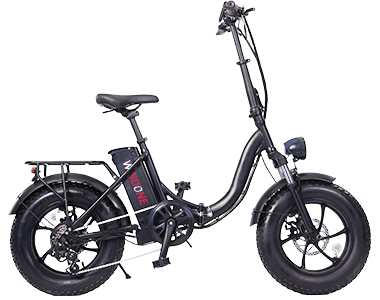
 Ebike Locks
Ebike Locks
 Phone Mount
Phone Mount
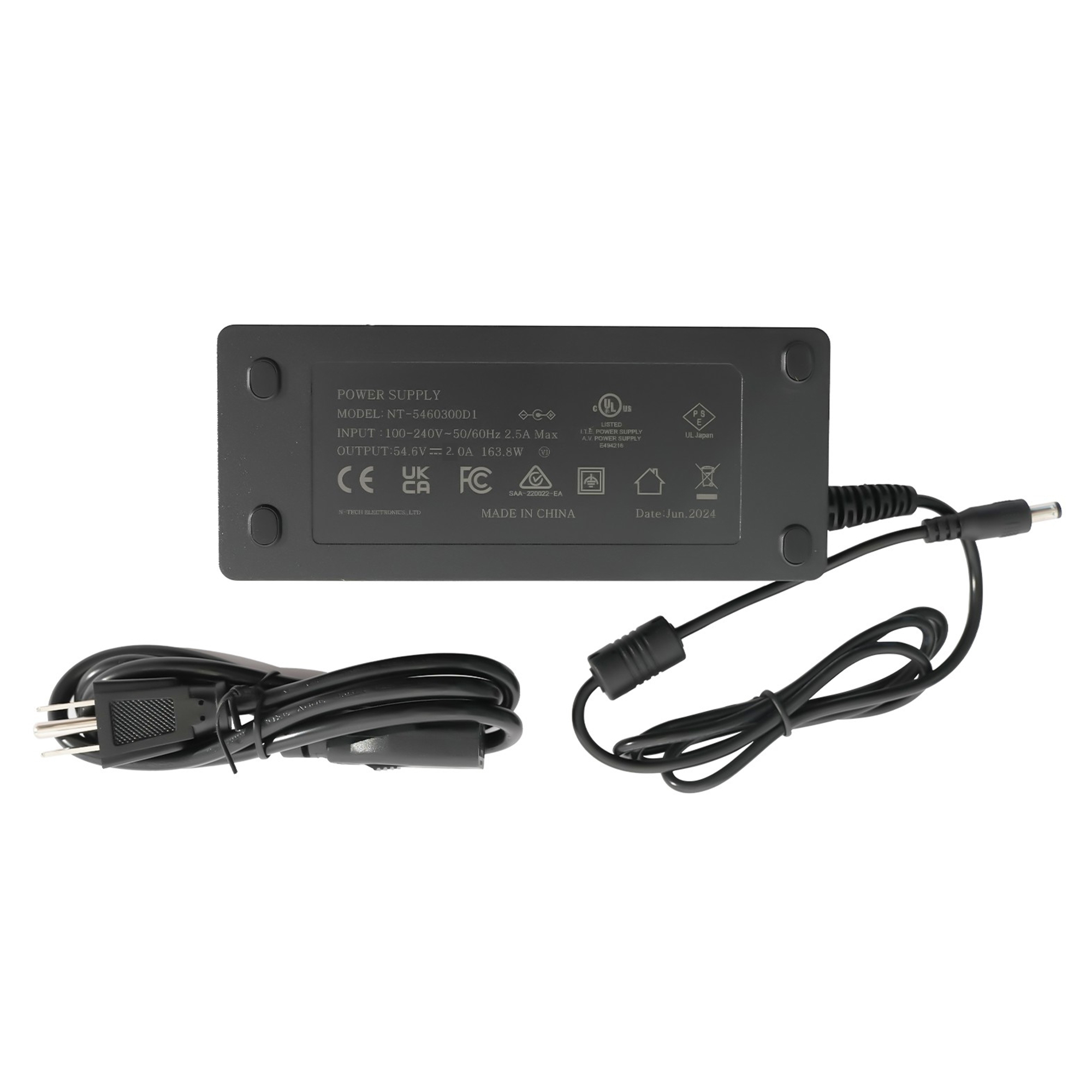

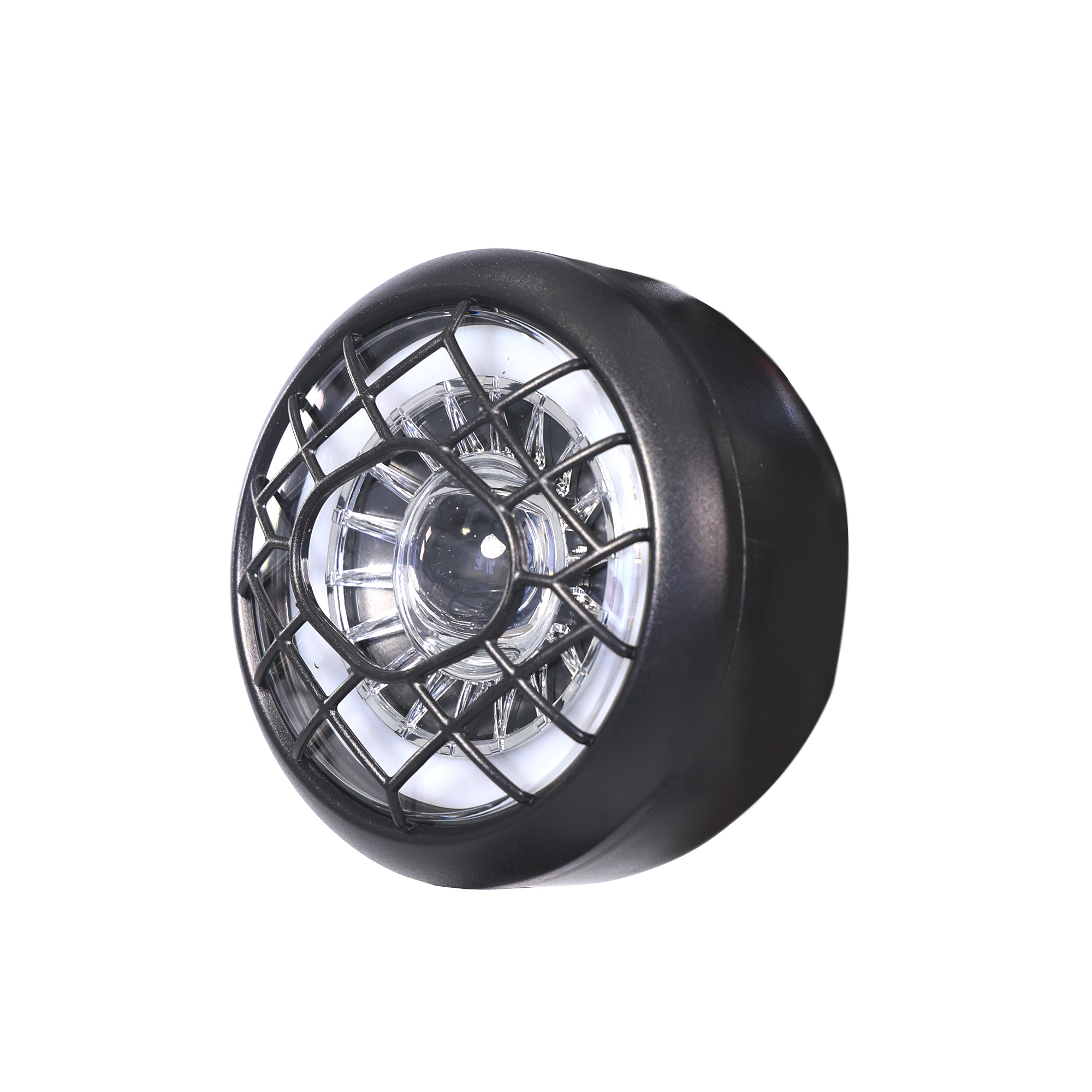
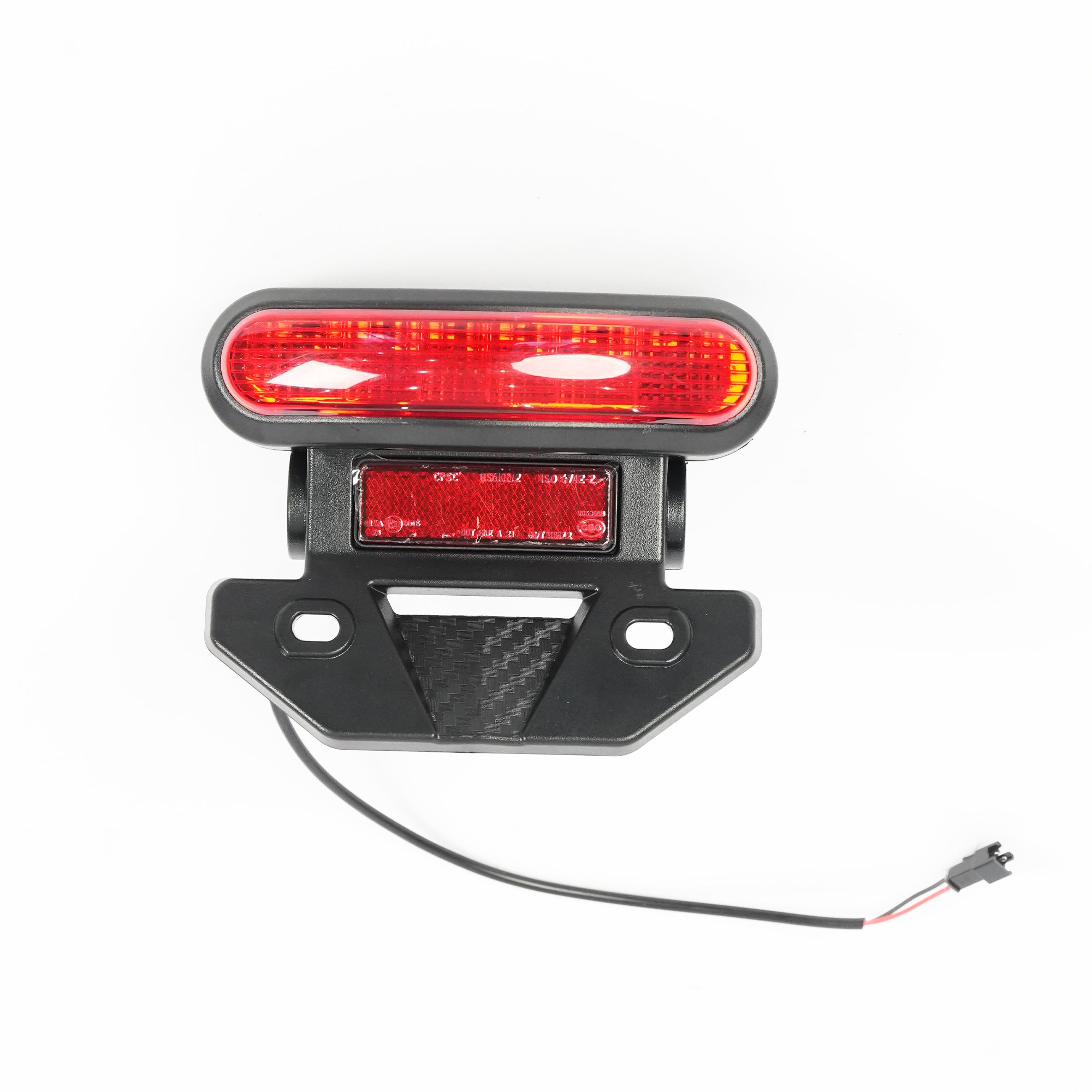
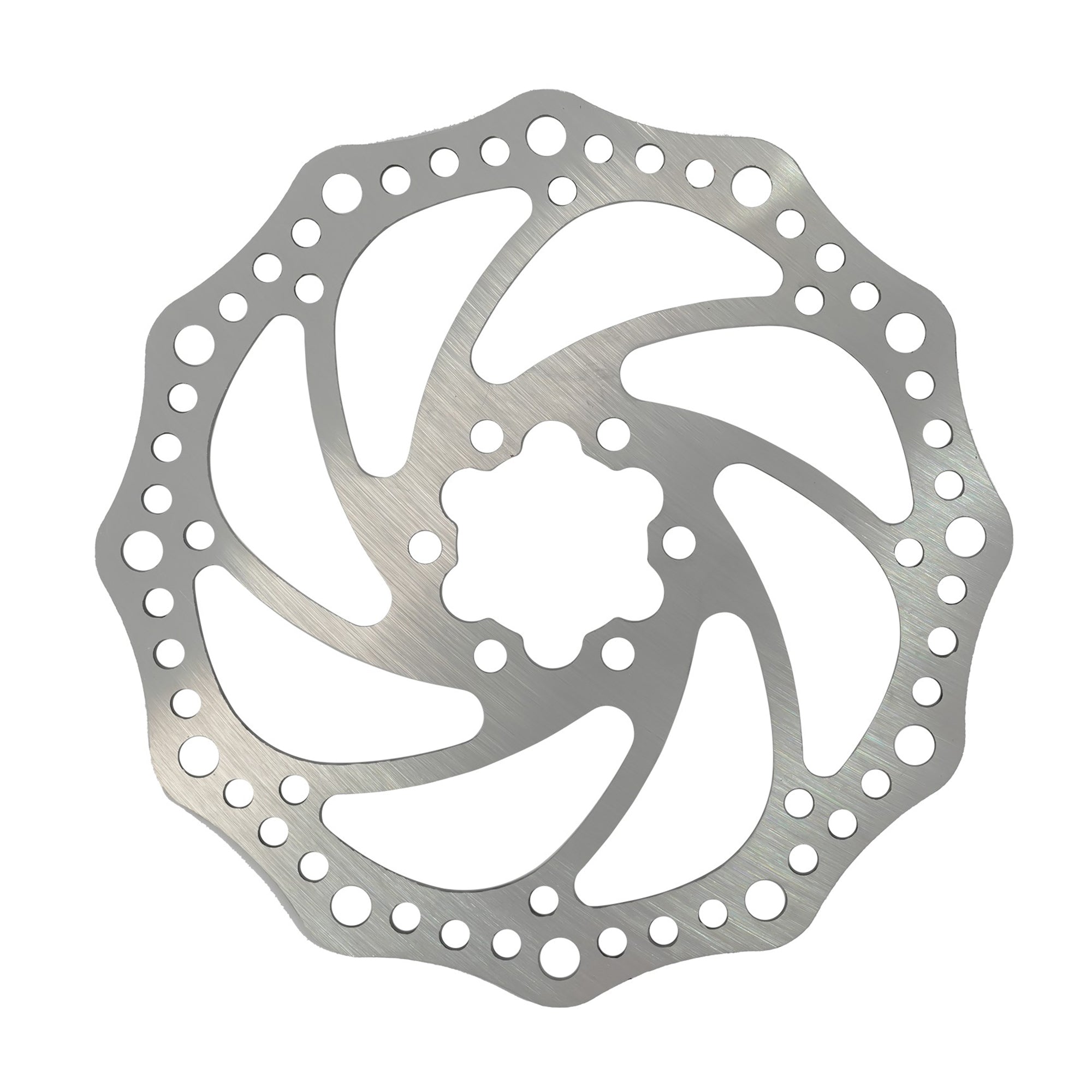
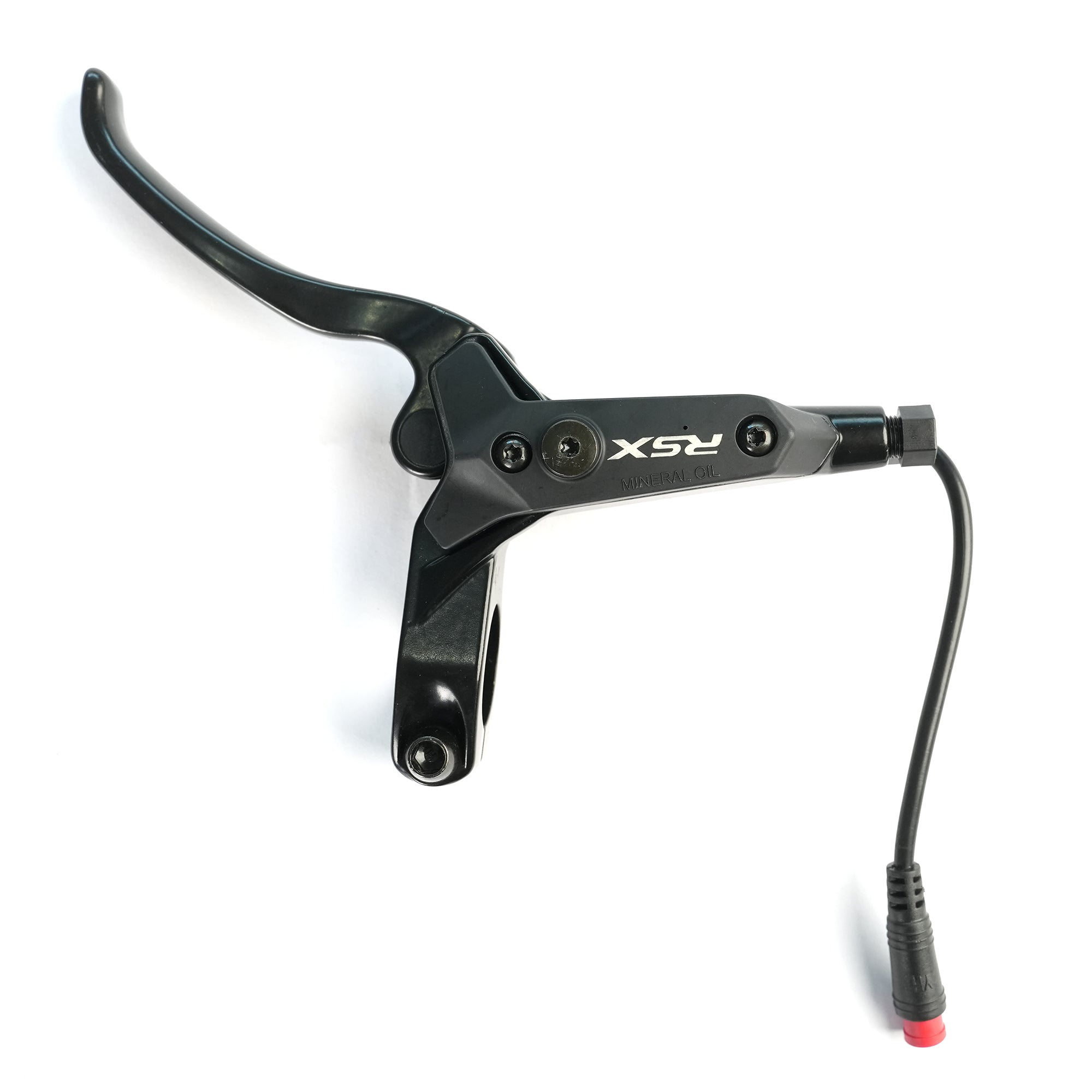
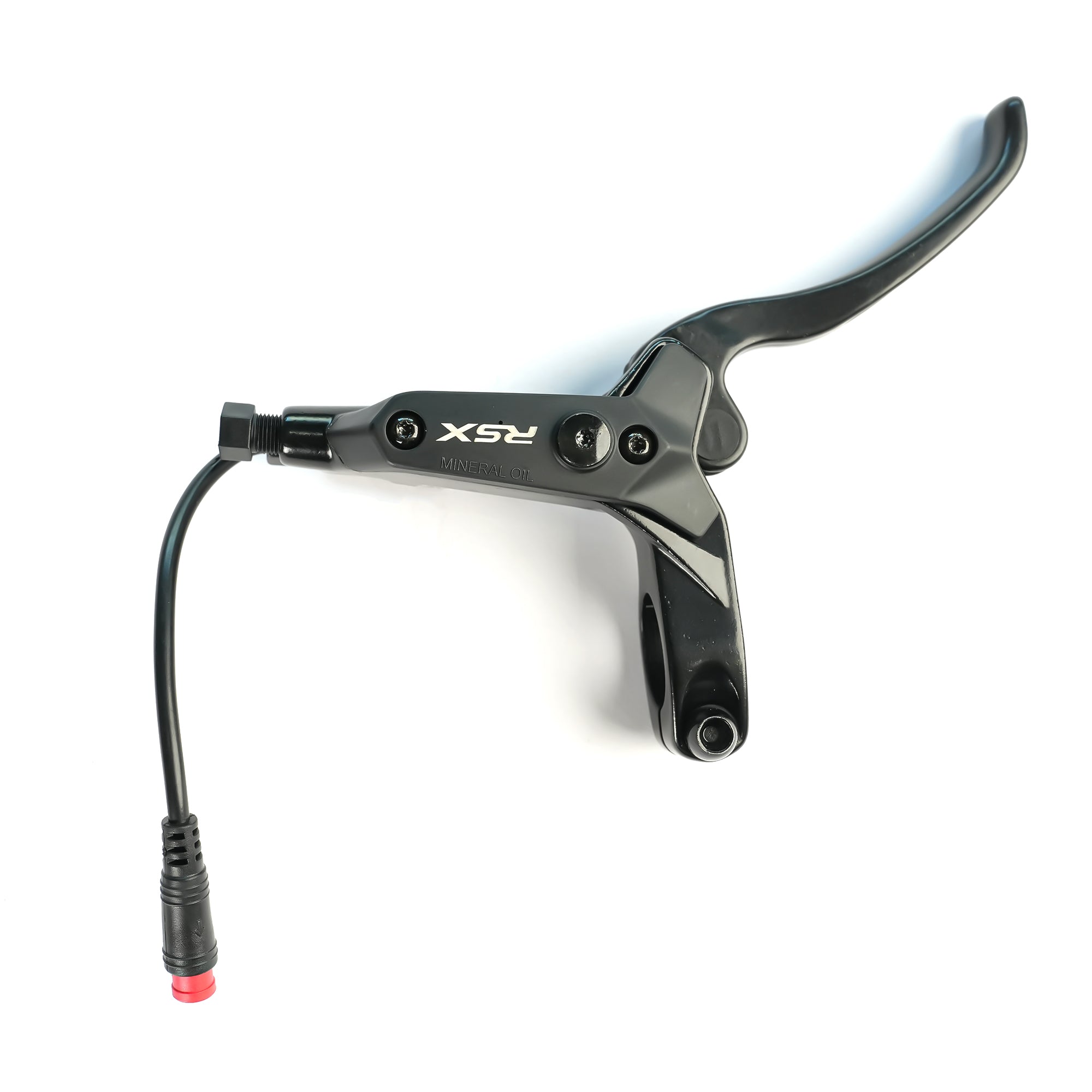
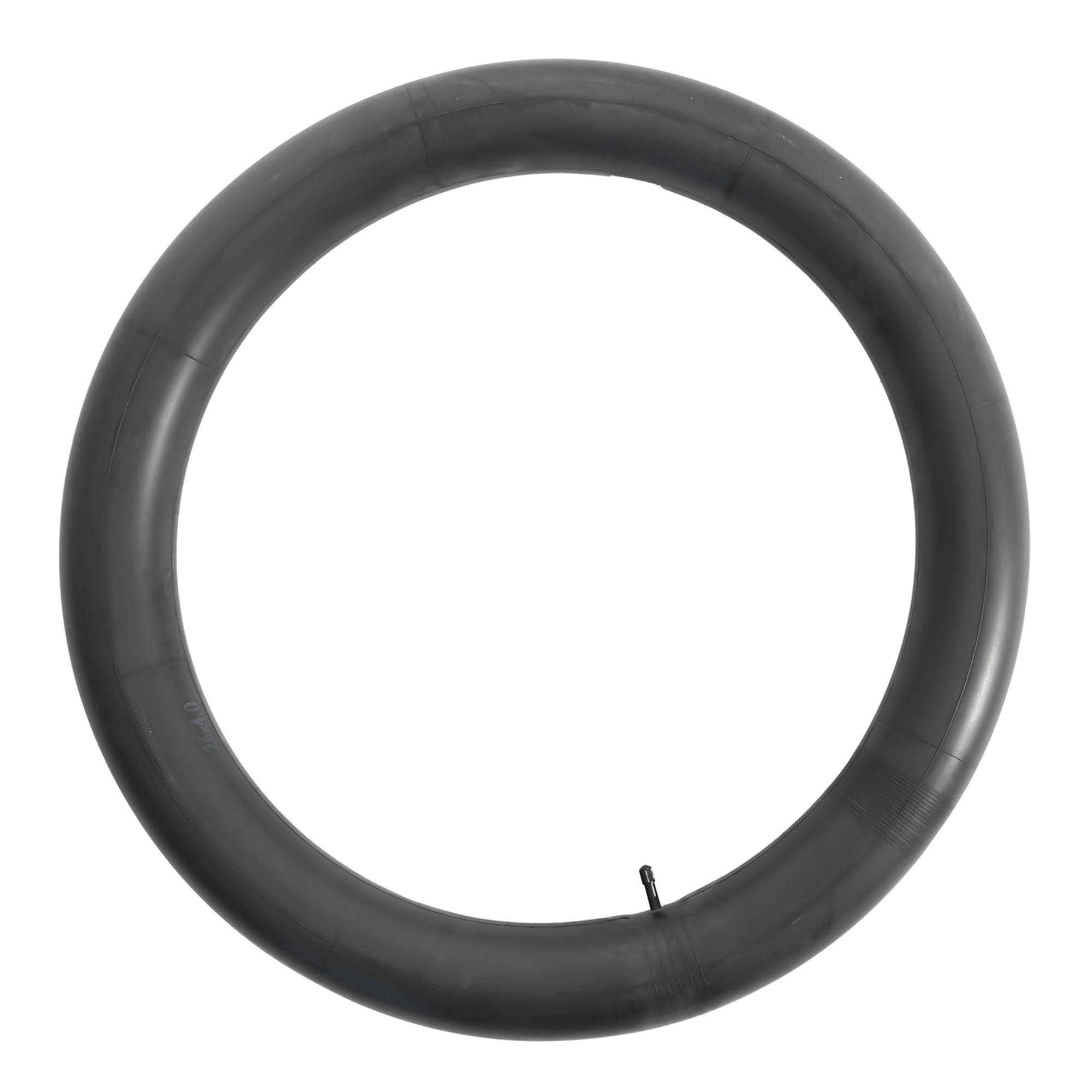

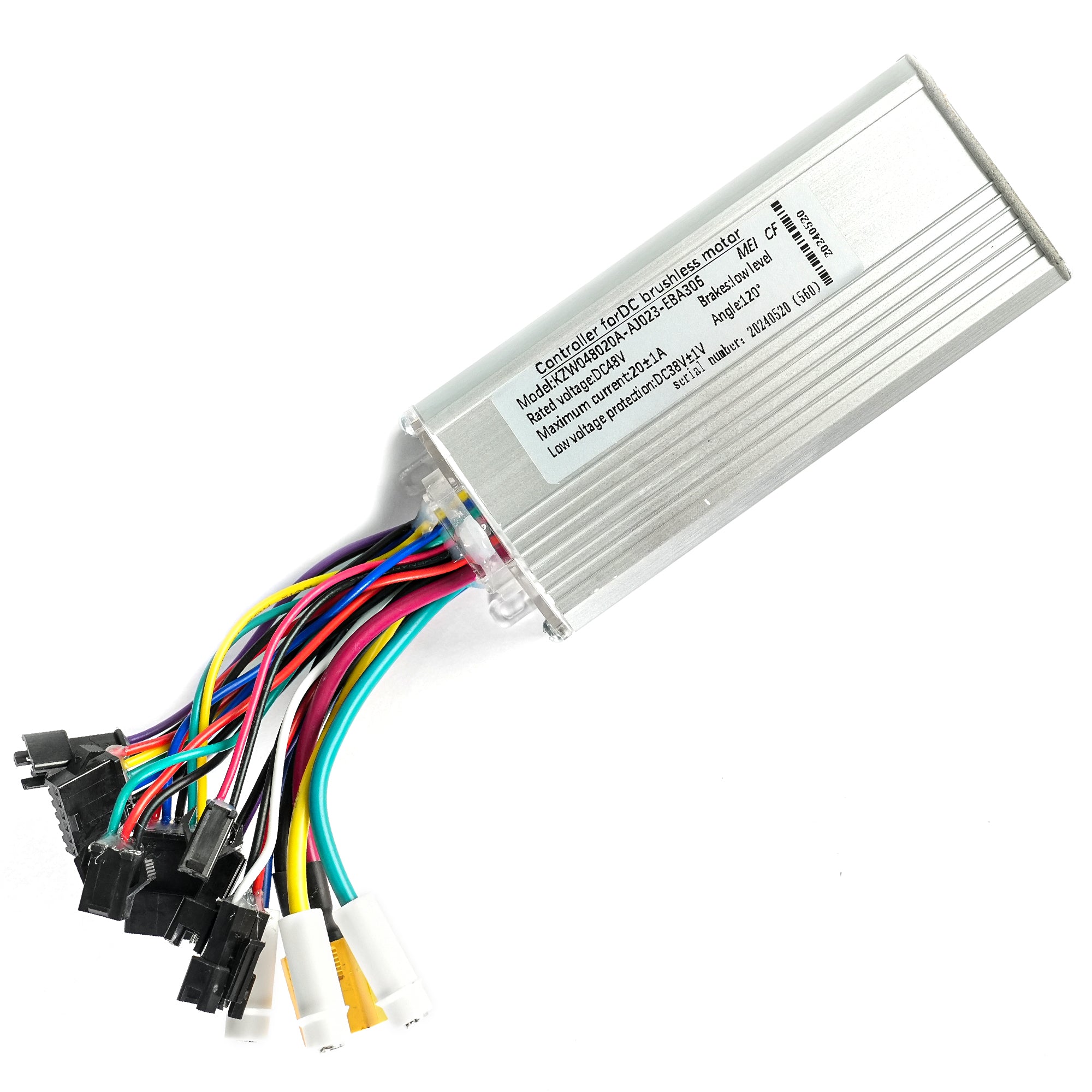
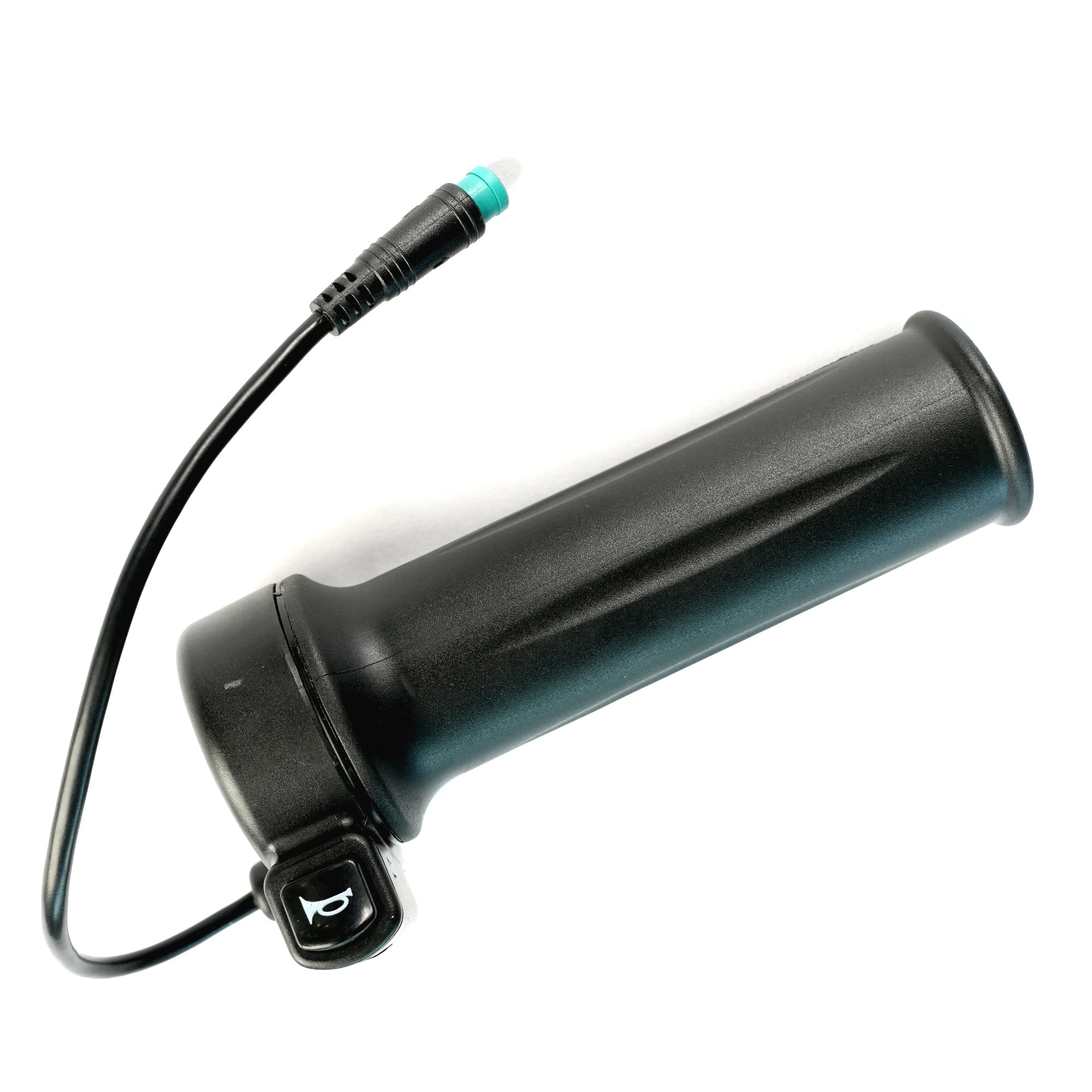
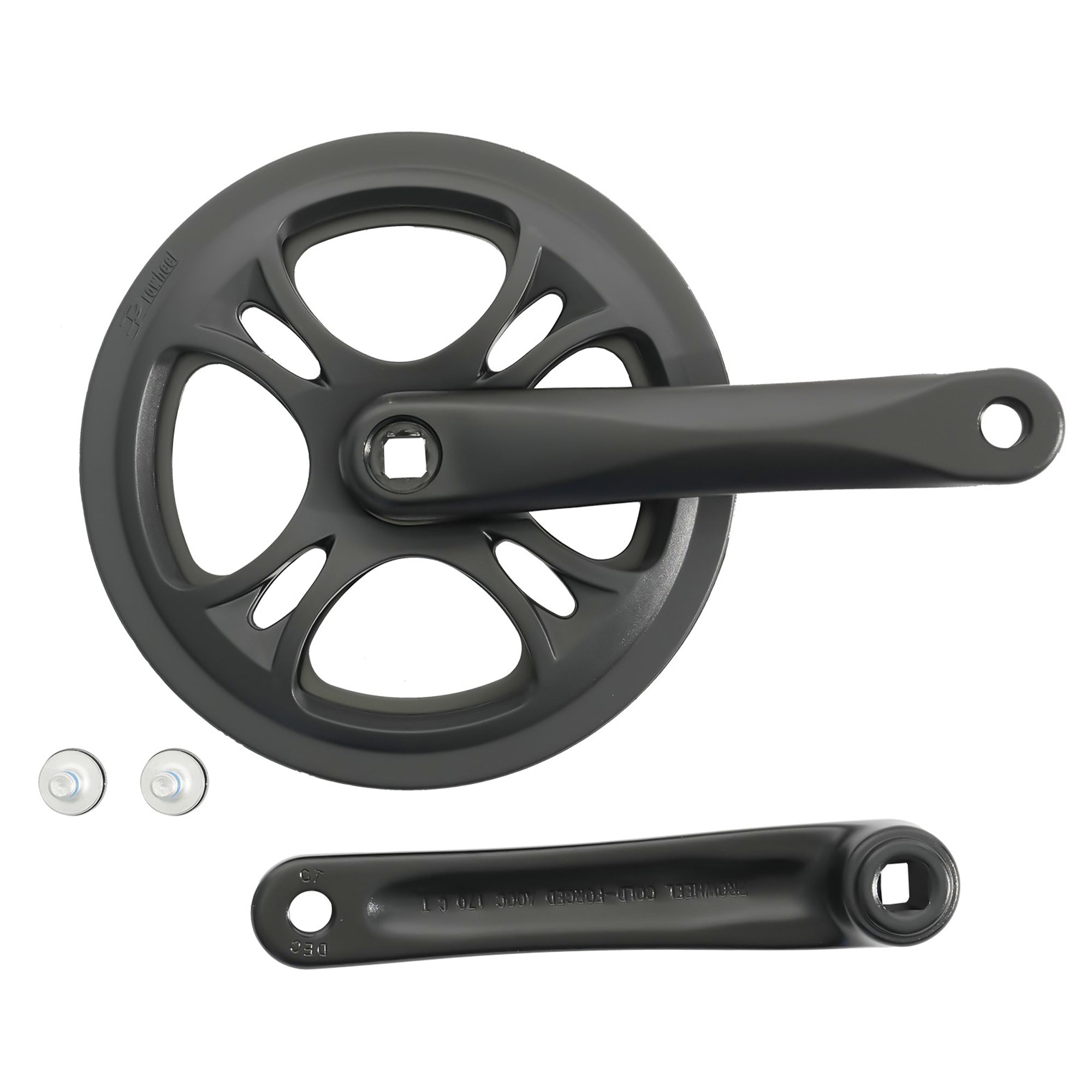
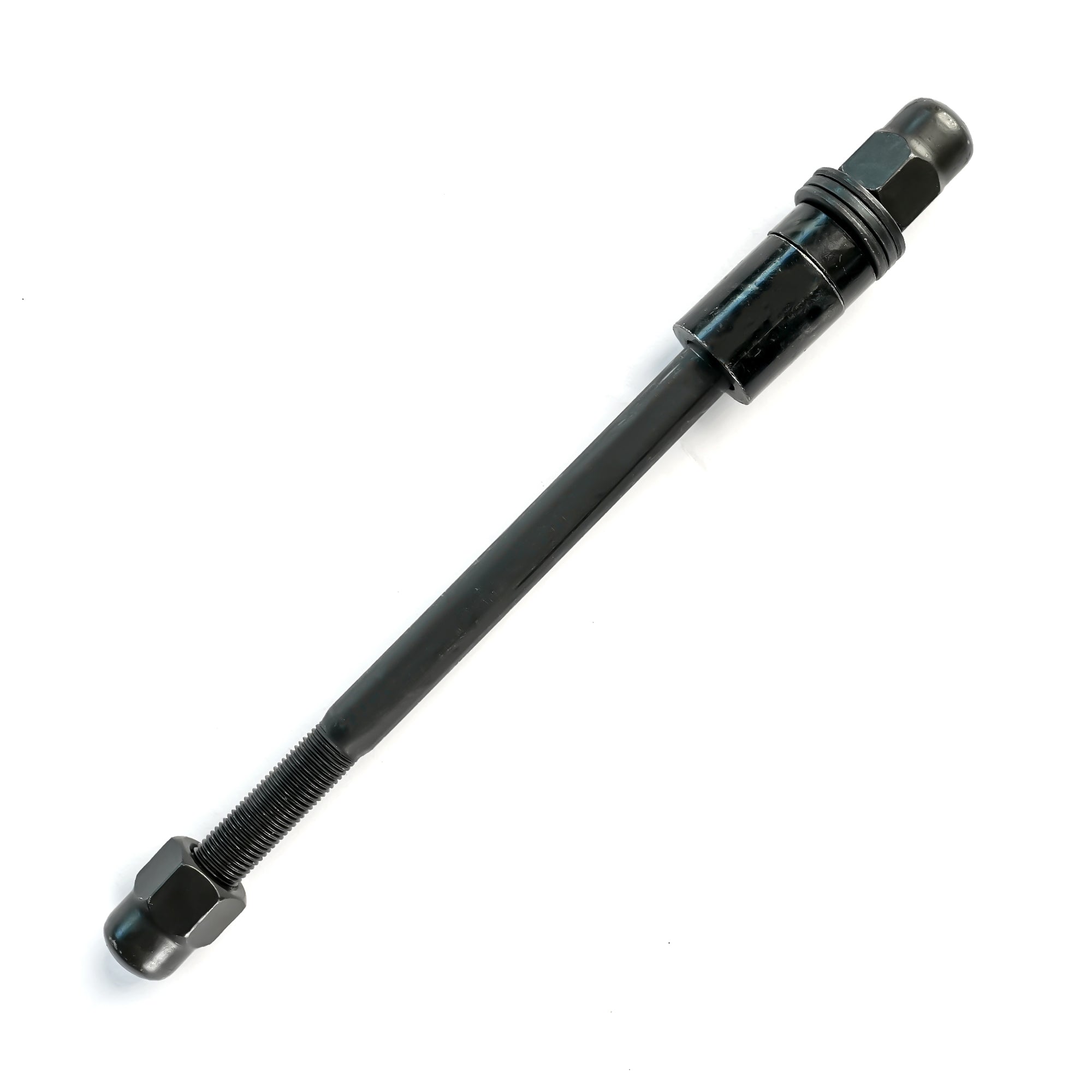
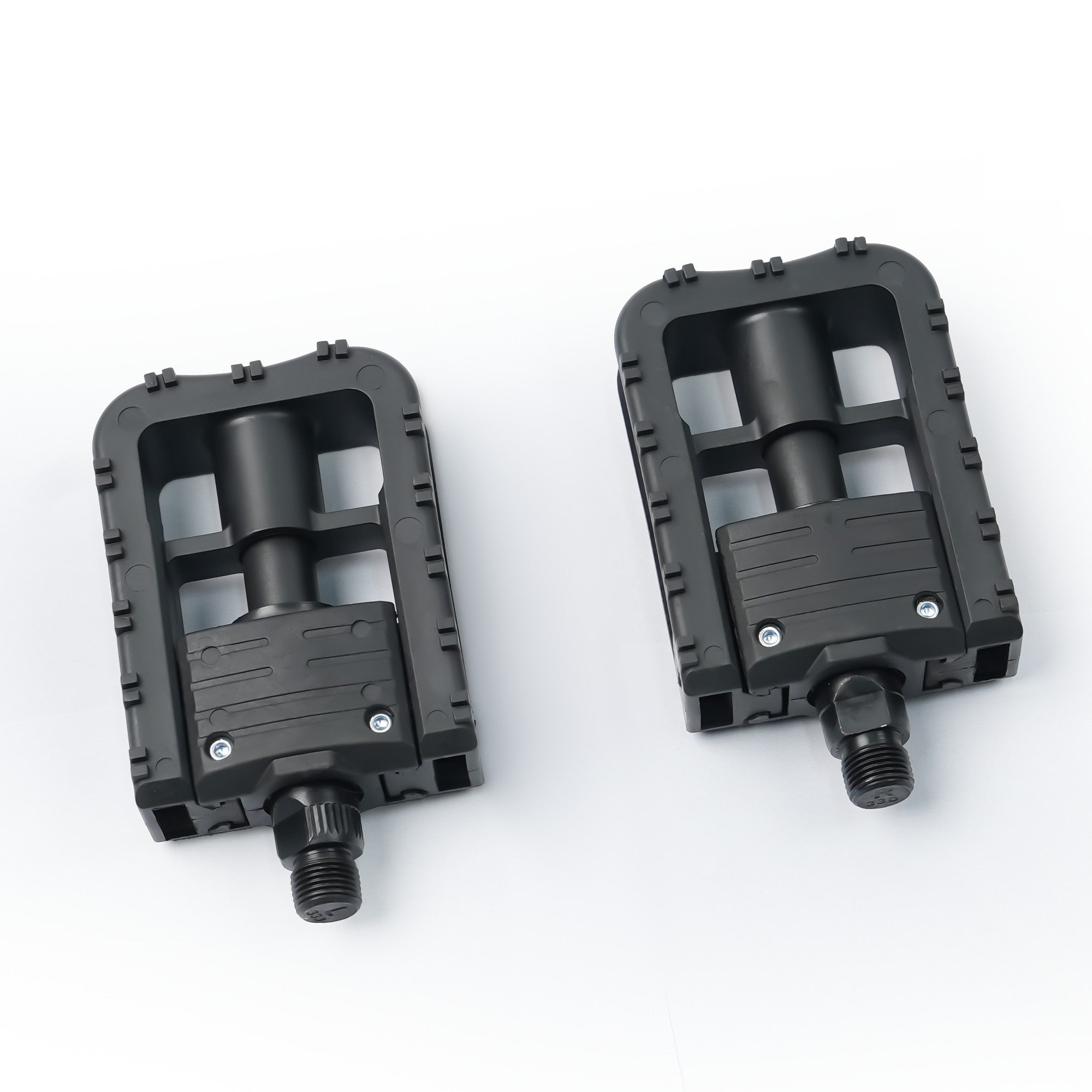
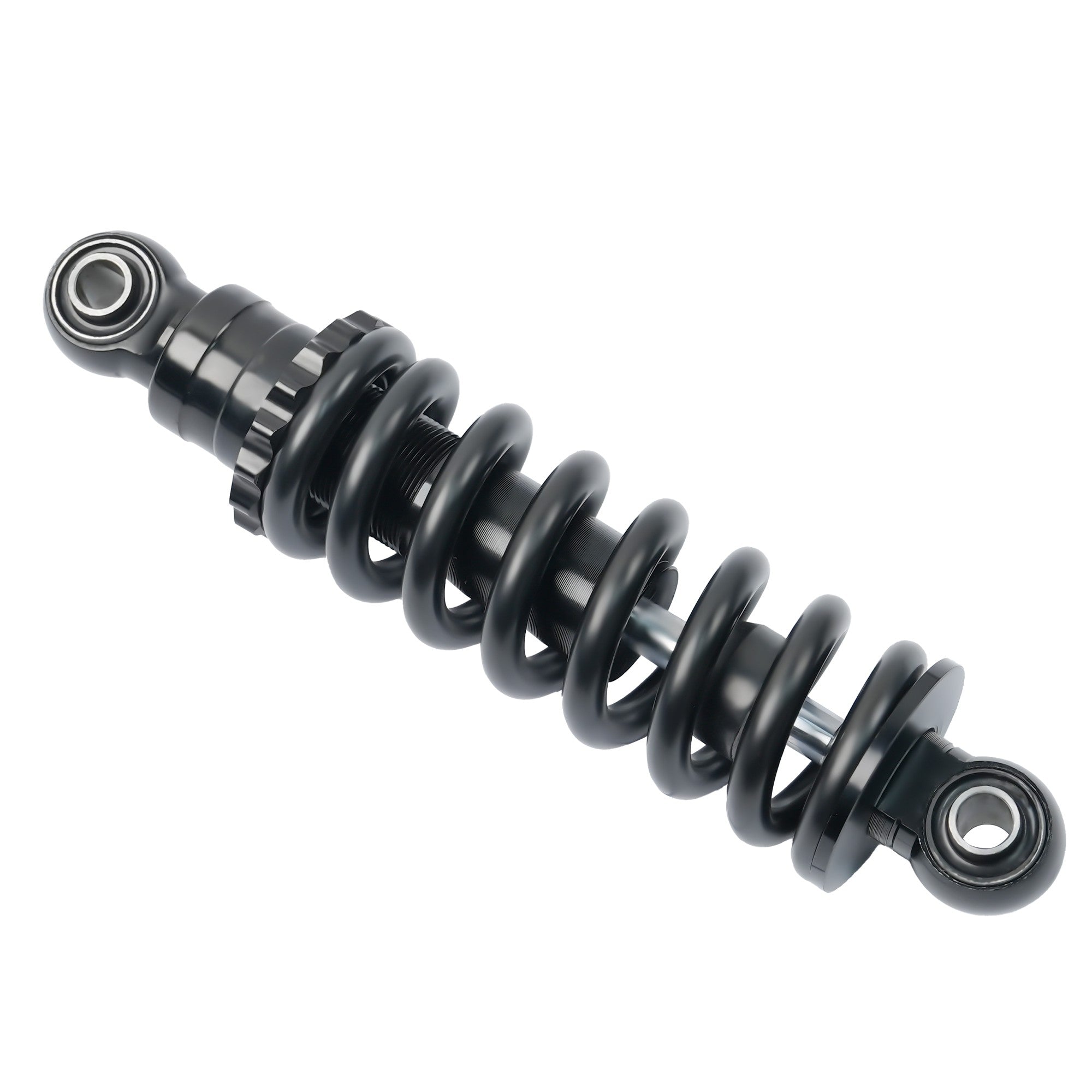
 Payment
Payment Afterpay Financing
Afterpay Financing Warranty
Warranty Shipping Policy
Shipping Policy Exclusive Discounts
Exclusive Discounts Track Your Order
Track Your Order Return & Refund
Return & Refund Referrals & Membership
Referrals & Membership User Manual
User Manual Contact Us
Contact Us FAQs
FAQs![Electric vs Gas Dirt Bikes: Which One Should You Choose? [Full Comparison]](http://windone.com/cdn/shop/articles/P7A5734.jpg?v=1740039999&width=1500)


